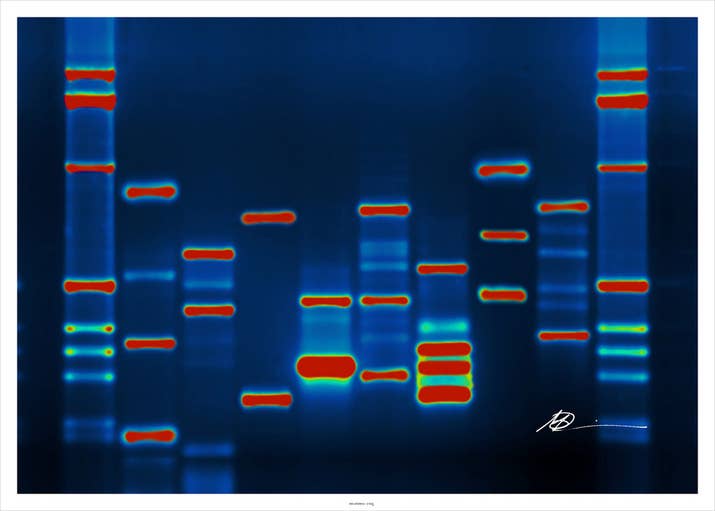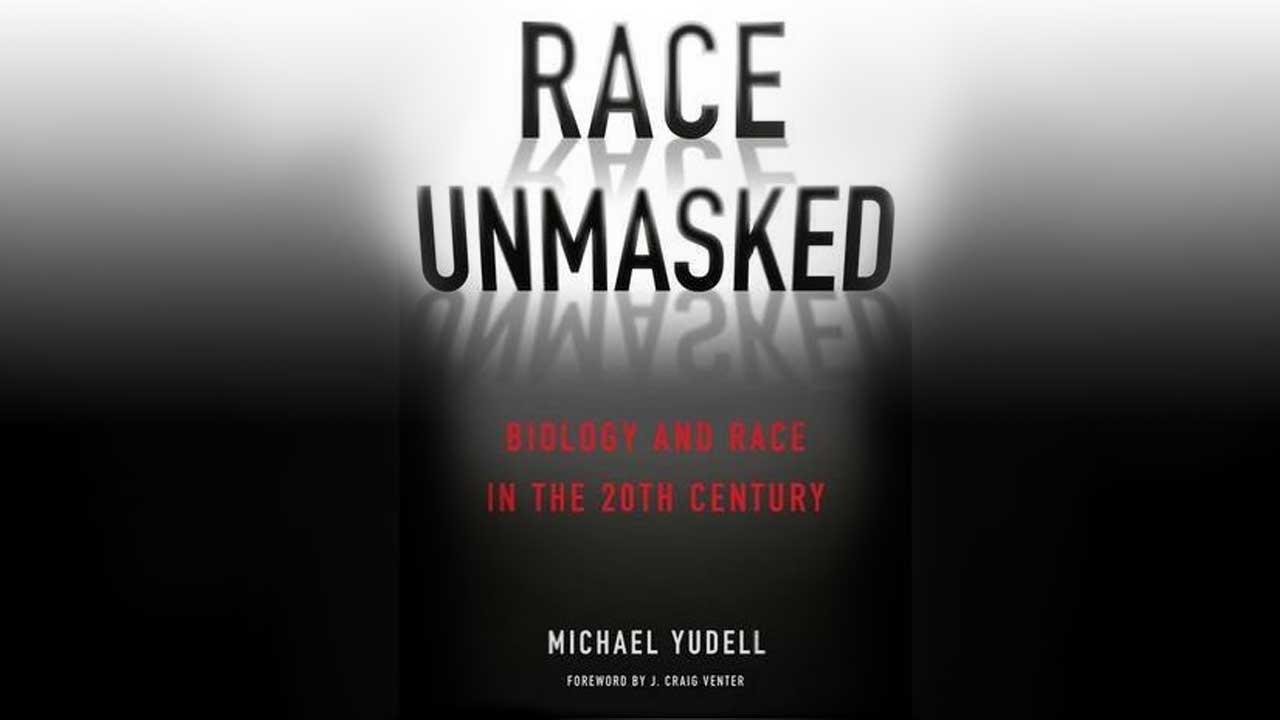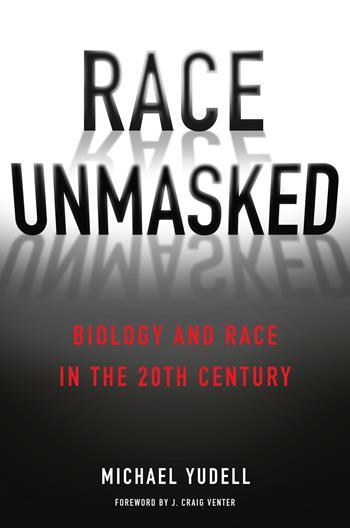Racecraft: Stories of Racial Passing
Los Angeles Review of Books
2014-12-05
Lucy McKeon, Writer and Photographer
New York, New York
THE VERY NOTION of racial “passing” implies a test. Those who believed clear racial categorization was possible might test for race by measuring physical traits to indicate “blood purity”: slight physical traits that could be identified, such as the half-moon of a nail bed or the whites of ones eyes. In apartheid South Africa, the “pencil test” was devised: categorizing people based on whether a pencil would remain or fall from their hair. Physical markers were used to fix and control whole futures.
“White people were so stupid about such things,” says Irene, the narrator of Nella Larsen’s Passing (1929). “They usually asserted that they were able to tell; and by the most ridiculous means, finger-nails, palms of hands, shapes of ears, teeth.”
To pass the faulty test of white scrutiny is not difficult; Larsen’s Passing, and other 18th to 20th century fiction and 20th century film, work to demonstrate that categorization by race relies on arbitrary rules and unsound logic — proving, in other words, the falsely naturalized or socially constructed nature of “race” itself. As Stanford historian Allyson Hobbs reminds us in her recent cultural history A Chosen Exile: A History of Racial Passing in American Life, the gains and losses of racial passing — when someone from one racial group “passes,” or is accepted, as another — were historically contingent, like “race” itself. Indeed, one’s semblance could rarely be taken as trustworthy evidence. “Skin color and physical appearance were usually the least reliable factors,” writes Hobbs, “whereas one’s associations and relationships were more predictive” of who was deemed white and who was not. If white people can’t actually tell who is white and who isn’t, whiteness is exposed as simply the external perception of being white — the privilege, power, and civic membership afforded to someone recognized as such. This is white supremacy in practice.
Michael Yudell’s Race Unmasked examines the history of the concept of biological race — in large part tied to the history of genetics, which “at its founding was inseparable from eugenics theories” — in order to show that race is “neither a static biological certainty nor a reflection of our genes. Instead, race is a historical and cultural phenomenon.” We’ve known this, of course. But Yudell’s recent book provides scientific documentation of the process of “racecraft,” a term coined by Karen Fields and Barbara Fields in their 2012 book by the same name: the “mental terrain” where our deep and pervasive belief in race as meaningful is conjured, then ritualized into reality. “Race” comes to explain social effects like poverty, as witchcraft might explain failing crops. What’s real is not “race,” but the ideology of racism: the belief in “race” as a tool with which to rationalize cause and consequence.
In this way, while both fictive and biographical representations of passing demonstrate the absurdity of “race,” they also emphasize the very real effects of racial categorization. From the point of view of those passing, Hobbs writes,
race was neither strictly a social construction nor a biological fact. The line between black and white was by no means imaginary; crossing it had profound, life-changing consequences. Race was quite real to those who lived with it, not because of skin color or essentialist notions about biology, but because it was social and experiential, because it involved one’s closest relationships and one’s most intimate communities.
Passing, in other words, demonstrates how “race” is both socially constructed and, as experienced, extremely meaningful.
Hobbs focuses on the experience of great loss in her cultural history of passing. As she points out, “Historians and literary scholars have paid far more attention to what was gained by passing as white than to what was lost by rejecting a black racial identity.” But “racial passing is an exile, sometimes chosen, sometimes not.”…
Read the entire article here.





